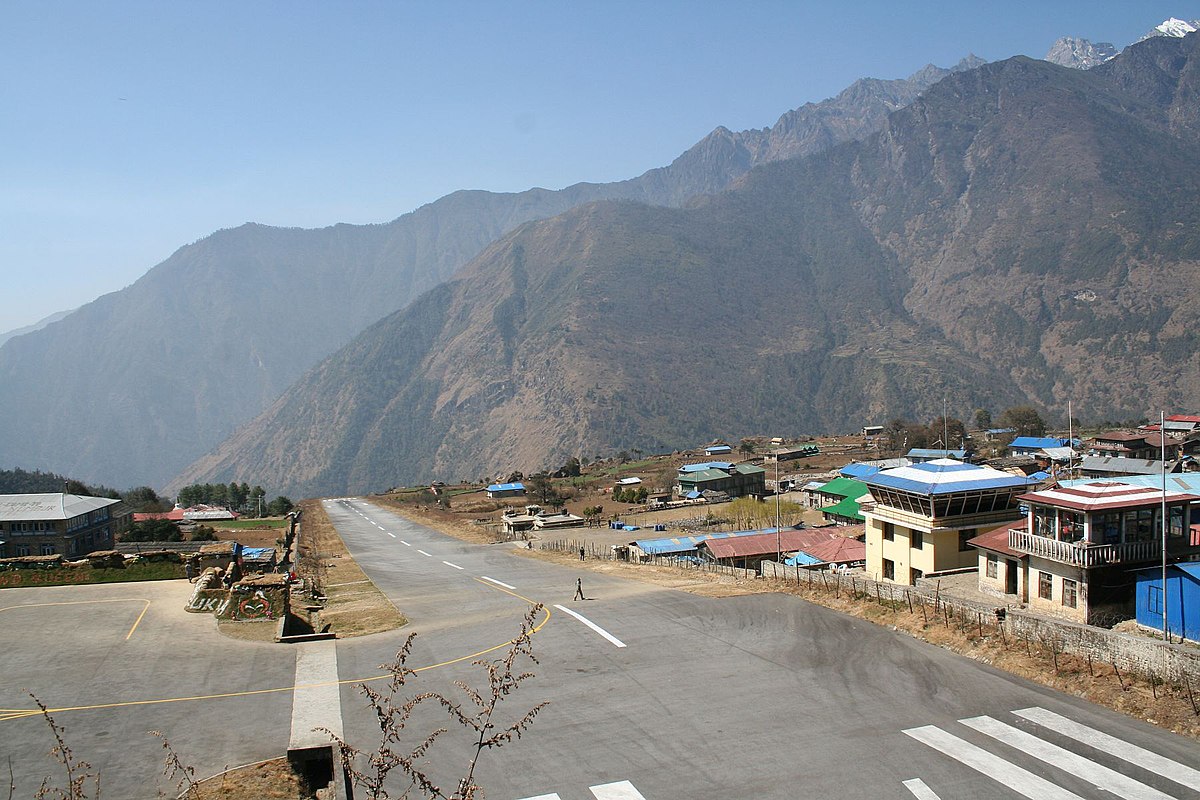Death toll in Makwanpur bus accident reaches seven
After a person breathed his last on the way to the Hetauda Hospital, death toll in Makwanpur bus accident has reached seven. Police said that six persons died on the spot when a bus met with an accident at Jurikhet in Bhimphedi Rural Municipality on Thursday. The bus (Ba 3 Kha 7858) was heading towards Hetauda from Kathmandu when the incident occurred this afternoon. The identities of the deceased have not been ascertained yet.
4 killed, 13 injured in Rukum East bus accident
At least four persons died and 13 others were injured when a bus they were travelling in met with an accident at Kayngsi in Bhume Rural Municipality-3 of Rukum East on Thursday. The injured are undergoing treatment at the District Hospital in Rukum. Police said that three are in critical condition. Rukum East Police Chief Prakash Dangi said that four persons died when the bus (Ga 1 Kha 9109) met with an accident this afternoon.
6 killed in Makwanpur bus accident
At least six persons died on the spot when a commuter bus met with an accident at Jurikhet in Bhimphedi Rural Municipality, Makwapur on Thursday. DSP Bamdev Gautam of the District Police Office, Makwapur said that the bus (Ba 3 Kha 7858) was heading towards Hetauda from Kathmandu when the incident occurred. The identities of the deceased have not been ascertained yet. It has been learnt that dozens were injured in the accident. DSP Gautam said that police personnel and local residents are currently engaged in rescuing the injured.
Tourist bus hit kills elderly woman in Bhaktapur
A 72-year-old woman died after being hit by a tourist bus at Surya Binayak Chowk in Bhaktapur. The deceased has been identified as Dil Maya Shrestha of Dhudhpati, Bhaktapur-1. The bus (Ba 1 Pa 1551) was en route to Jagati from Sallaghari when the tragedy occurred. Critically injured in the incident, Shrestha was rushed to the Dr. Iwamura Hospital where she breathed her last during the course of treatment, the Metropolitan Police Range, Bhaktapur said. Police said that they have impounded the bus and arrested its driver Binod Karki (29) of Sangachowkgadhi, Chautara, Sindhupalchok and currently residing at Balaju, Kathmandu for investigation. Police said that they are looking into the case.



















